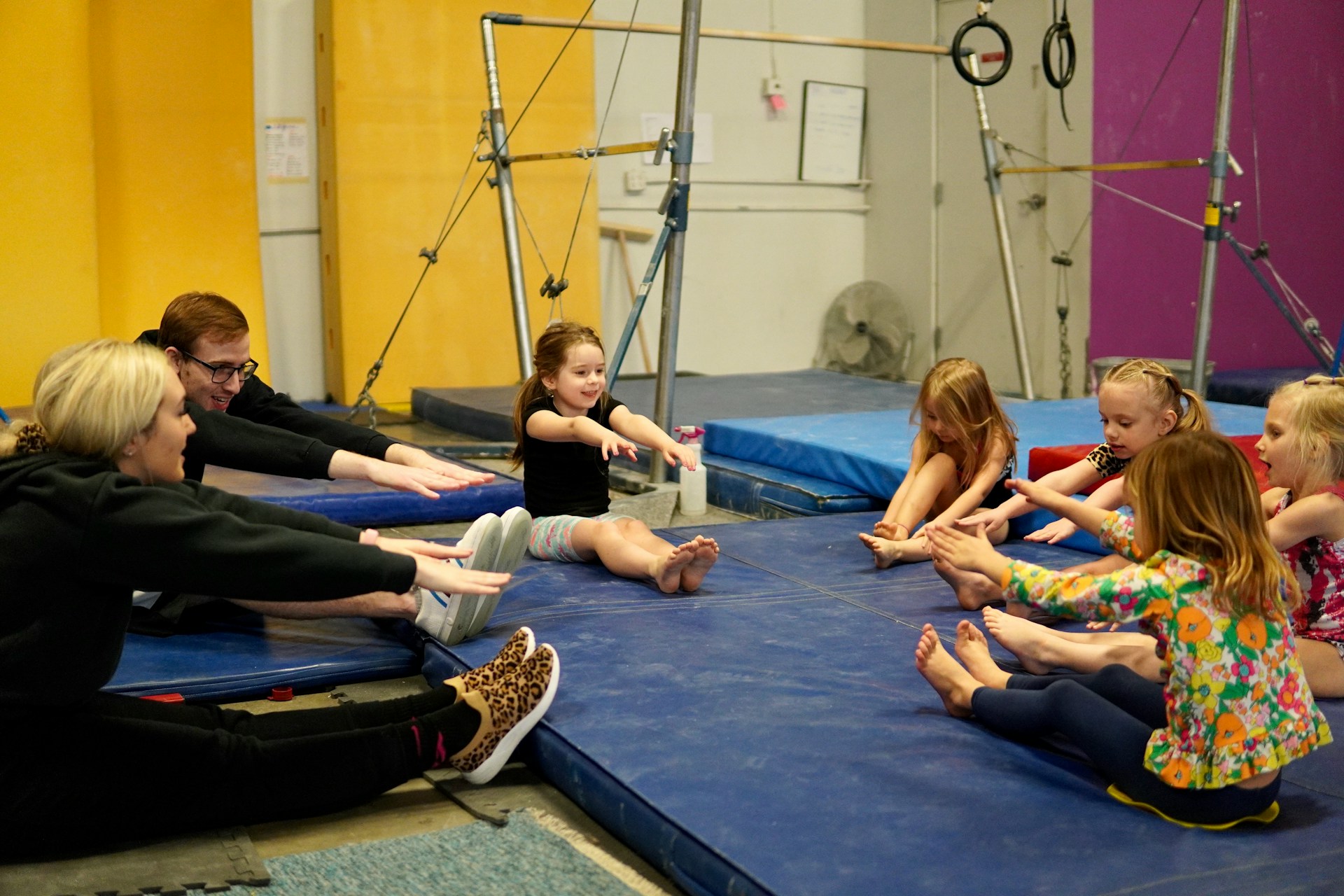Smart speakers wake us up, remind us to pack lunches, and even settle debates over dinosaur facts. In many homes, Alexa, Siri, or Google Assistant has become an unofficial member of the family—one who never sleeps, always listens, and (usually) has the answers.
But as helpful as these voice-activated assistants can be, their increasing presence in our kids’ lives sparks important questions. What happens when children start turning to tech for comfort, entertainment, or even discipline? And what role should parents play in managing this dynamic?
The Convenience Trap
Let’s face it—smart devices make life easier. Need a timer while cooking dinner? Alexa’s got it. Need to play your toddler’s favorite lullaby for the 1,000th time? Siri’s on it. Overwhelmed parents often lean into these tools to manage their daily chaos—and that’s okay.
But when we start offloading too many parenting tasks to technology, we may unknowingly send a message that human connection is optional. Kids need interaction, not just answers. The balance lies in using tech as support—not a substitute.
Teaching Digital Etiquette
Voice assistants can also offer teachable moments. Kids can practice politeness by saying “please” and “thank you” to Alexa. They can learn how to ask clear, concise questions. But we should also remind them that unlike real relationships, Alexa doesn’t have feelings—and that distinction matters.
Privacy and Listening Devices
Another concern? These devices are always listening. That opens up questions about data, surveillance, and who’s really in the room when your child is talking about their day. Parents should be aware of privacy settings and teach kids to treat smart tech as public, not private, space.
Encouraging Real-World Problem Solving
While voice assistants can provide quick answers, they can’t replace hands-on learning, trial and error, or collaborative discovery. That’s why supplementing screen time with tactile experiences like building, coding, or engineering is so valuable.
Programs like robotics and engineering clubs give kids the opportunity to explore technology creatively and critically. These activities fuel curiosity and build long-term skills—unlike voice assistants, which often deliver answers without context.
For more on how tech clubs are shaping future engineers, read:
Unleashing Potential: How Robotics and Engineering Clubs Are Shaping the Engineers of Tomorrow
Smart tech isn’t going anywhere—and that’s not a bad thing. But parenting in a voice-activated world means staying engaged, setting boundaries, and encouraging kids to be curious, mindful, and connected.
The future might be hands-free, but raising kids still requires a hands-on approach.



